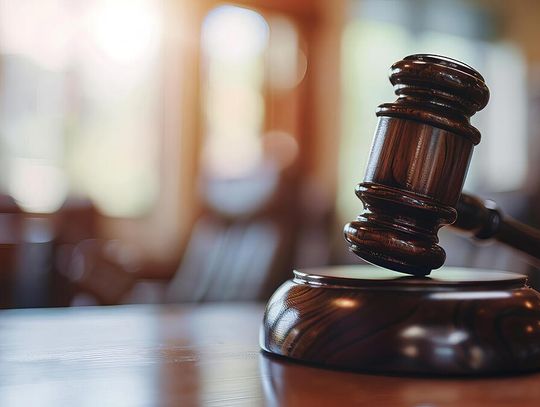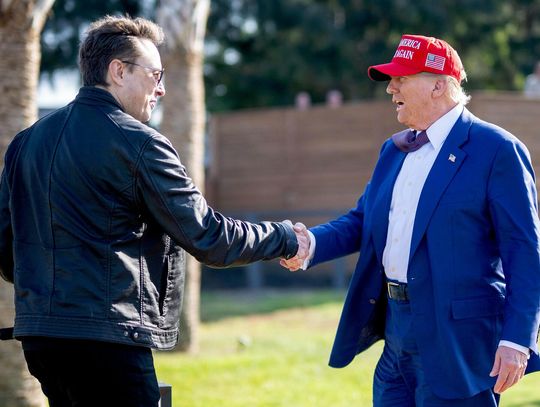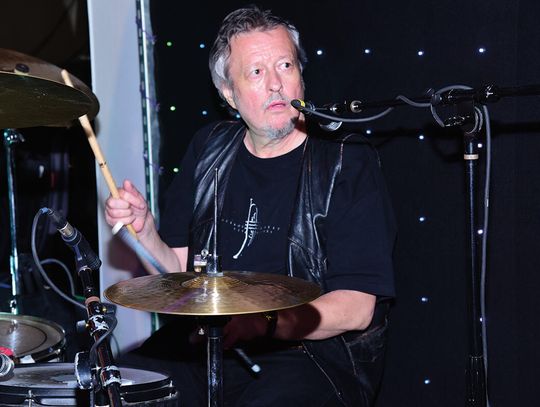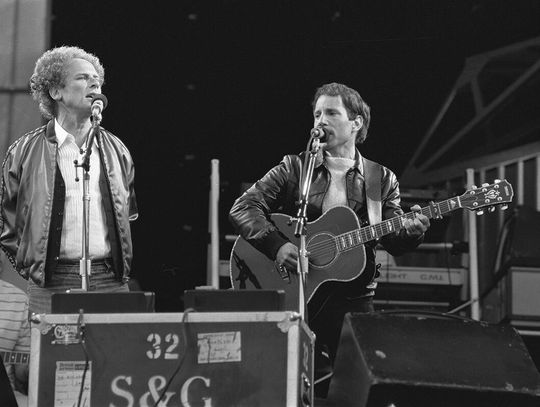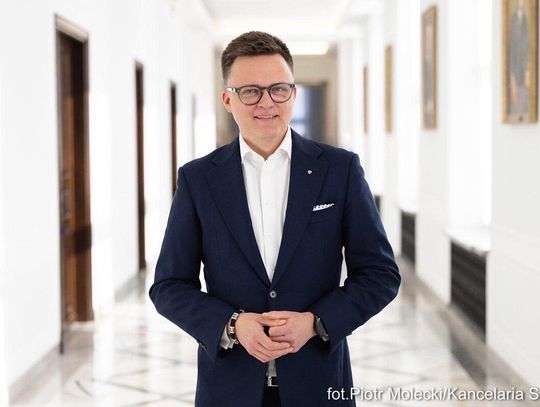Poland's upper house of parliament passed a resolution on Thursday branding WWII massacres of Poles by Ukrainians as 'ethnic cleansing bearing the hallmarks of genocide.'
The resolution foreshadows next month's 70th anniversary of the Volhynia massacres, which took place in a Nazi-occupied region that had been divided between Poland and the Soviet Union prior to the Second World War.
Senator Lukasz Abgarowicz, author of the resolution and member of the centre-right Civic Platform party (currently senior partner in Poland's coalition government), told Polish Radio that political correctness and brushing the matter aside had prevailed too long over the matter.
“In my opinion, such a clear approach to the matter will prompt a reaction from the other side,” he said.
Abgarowicz insisted that it was high time that both countries discussed the matters in earnest.
“Otherwise we will never create harmony,” he claimed.
“And we regret to say that the Ukrainian side is trying to use relativism, talking about a Polish- Ukrainian war, and not of a terrible crime and the very brutal murder of Poles.”
The lower house of parliament has yet to pass a resolution on the matter.
Various drafts have been proposed in recent weeks by the parliamentary clubs of the country's political parties.
The most controversial question has been whether to use the word 'genocide' to describe the attacks, and Abgarowicz's own party created a draft omitting the word.
The Volhynia Massacres
The killings took place at about 100 localities in Nazi-occupied Volhynia, with the largest action beginning on 11 July 1943.
Units of the Ukrainian Insurgent Army (UPA), a guerilla force of Ukrainian nationalists, carried out the actions. The purpose of the attacks was to cleanse the region of ethnic Poles (who had been a minority in the region), paving the way for the possible creation of a Ukrainian state after the Second World War.
From 1943 to 1945, it is estimated that 100,000 Poles were killed in the Volhynia area.
After the UPA strikes began, Poles began to fight back, mainly through units of the underground Home Army (AK).
It is estimated that Poles killed between 2000-3000 Ukrainians in Volhynia, and about 20,000 more when the fighting spread to other areas of south east Poland (1944-1947).
The killings on both sides included slaughters of women, children and babies.
As regards yesterday's vote in the Senate, conservative party Law and Justice (and one Civic Platform senator) expressed reservations about the resolution's references to Polish acts of retaliation.
Likewise, Law and Justice senators argued that the resolution should have called the Volhynia killings “genocide,” rather than “ethnic cleansing bearing the hallmarks of genocide.”
Meanwhile, the Senate rejected Law and Justice's bid to make 11 July the an official day of 'martyrdom' of Poles from the former eastern borderlands.
Earlier this week, Ukrainian ambassador to Poland Markiyan Malski said that a joint Polish-Ukrainian resolution was possible, to accompany next month's anniversary.
(nh) Source: IAR
[ubm_premium banners=13 count=1]
Senate: Ukrainian WWII massacres of Poles 'bear hallmarks of genocide'
- 06/22/2013 03:11 AM
Reklama







